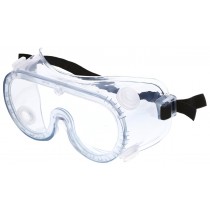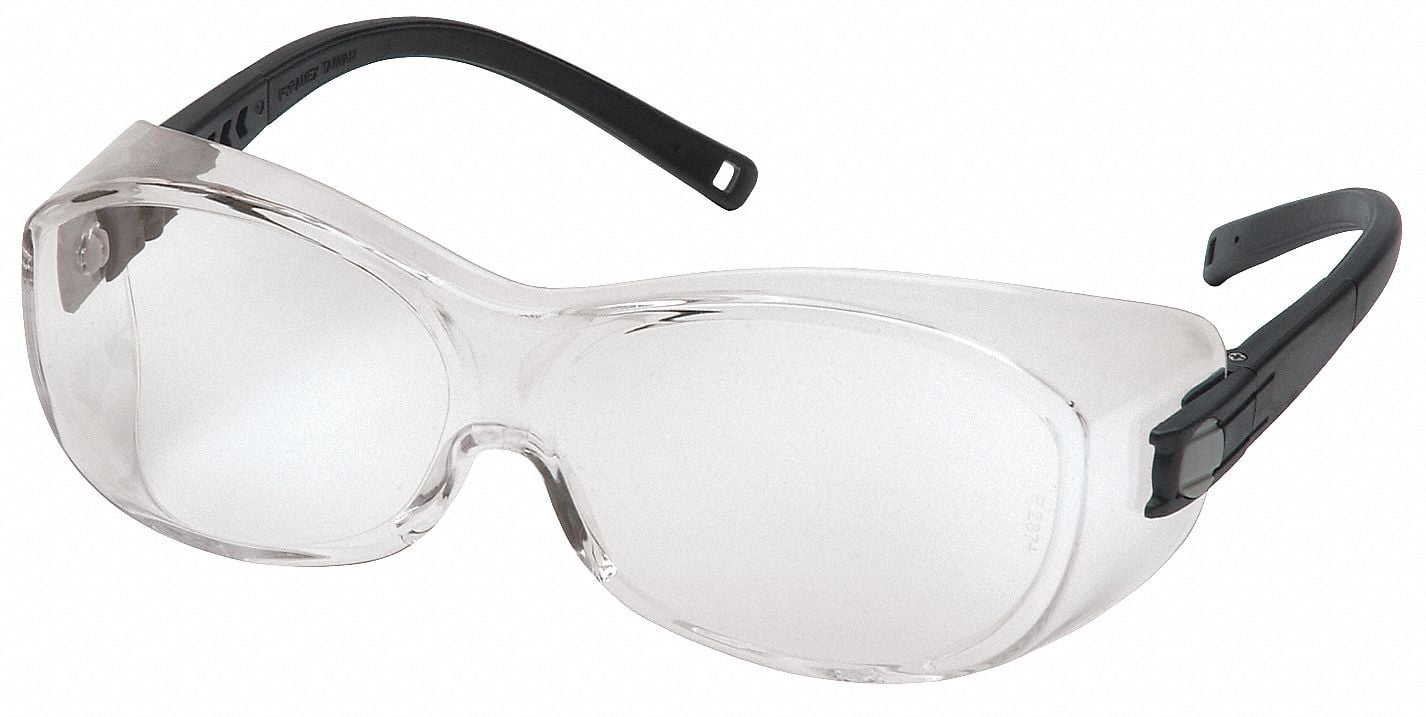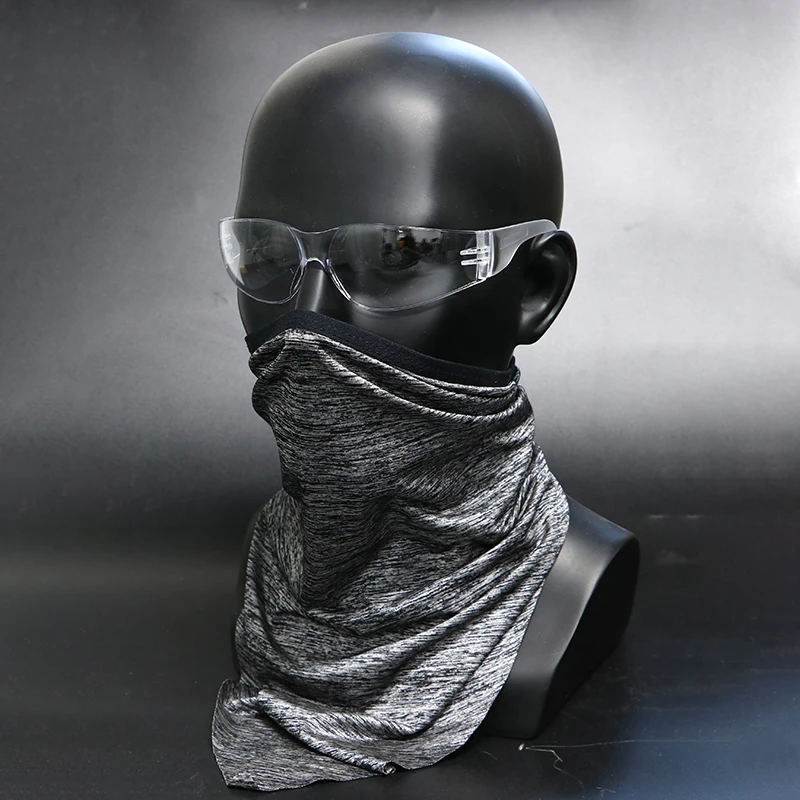

Regardless of the surface, applying the solution over glass lenses or windshields should produce the best clarity. There are usually two different sorts of products, each requiring a unique application method. Which would you choose: a product whose effects last a whole day or perhaps even longer? Of course, we prefer the one with a longer lifespan. Long-lastingĪ product that gives anti-fog protection for an extended period would be a wonderful choice. In addition, the condensation layer would never disturb you. An effective anti-fog product guarantees that you have clear eyesight as a result. There is no doubt that fog on the lenses may become inconvenient and complicate things, even though this is an extreme case.

You risk having an accident while you briefly clean your courses. Imagine being on the road with a mask on and fogged-up glasses, unable to see very far ahead. It’s not only annoying in some circumstances, it may even be lethal. The feeling of having your eyesight obscured or impeded is unpleasant. In light of this, we consider the following factors while giving our suggestions. There are many choices available when it comes to finding the best anti-fog products for glasses and masks. Therefore, knowing and considering your lens type is critical when choosing your anti-fog solution. However, some more advanced AR-friendly anti-fog products are now widely available on the market. Anti-fog products work best on lenses that have scratch-resistant coatings, even if they are colored, polarized, or UV-protected. This is because AR coatings are hydrophobic, which repel water, causing anti-fog coatings to wash off more quickly or leave a patchy, streaky appearance. Yes, in a nutshell, but some anti-fog treatments may not work well if you have anti-reflective (AR) lenses. Can I use anti-fog products if my glasses have an AR surface? Instead, the water spreads out uniformly across the lens’s surface, giving you a clear view. They include surfactants, which are compounds that reduce water’s surface tension, preventing water vapor from condensing into droplets. Although it may seem paradoxical, anti-fog products function by drawing water and forming a continuous thin film of water over the lens. In addition, the efficacy varies from product to product some are just appropriate for glasses, while others are good for sports usage. However, depending on how frequently you clean your glasses, you may need to periodically reapply the product.

While these treatments only provide a brief fog-resistant layer, they can be ideal for glasses that lack built-in anti-fog coatings. They reduce surface tension to prevent the formation of fog on your lenses like the above-mentioned soapy water method. There are no products available that can help prevent foggy vision. A 2011 research in the Annals of the Royal College of Surgeons revealed that washing your lenses in soapy water, shaking off the excess water, and then letting them air-dried can prevent fogging Apply anti-fog products This may seem like a no-brainer, but you’d be shocked at how many people don’t wash their glasses. Then, pinch the wire of your mask close to your nose. Also, ensure that it lies beneath your lenses instead of over them. So first, choose a face mask that can be contoured around your nose. In essence, the likelihood that wet air gets into your glasses reduces if you can mold the mask to fit more tightly around the curve of your face. There are several ways you can try to reduce the fog on your glasses while wearing a face mask: Make a nose shape inside your mask
#OEM ANTI FOG ANTI FOG SAFETY GLASSES HOW TO#
How to stop my glasses from fogging up when I wear a face mask They are ideal for numerous healthcare workers, machinists, lab researchers, as well as water and air sports professionals. They help decrease the build-up of vision-obscuring water droplets on the glasses, goggles, or other protective eyewear. And that is why you need anti-fog products for wearing glasses. While a well-fitting mask can decrease the likelihood of fogging, you might not be able to see well. However, now that more people are using face masks, lens fogging is becoming an everyday struggle. Lens fogging has always been a common occurrence for people in various professions.


 0 kommentar(er)
0 kommentar(er)
